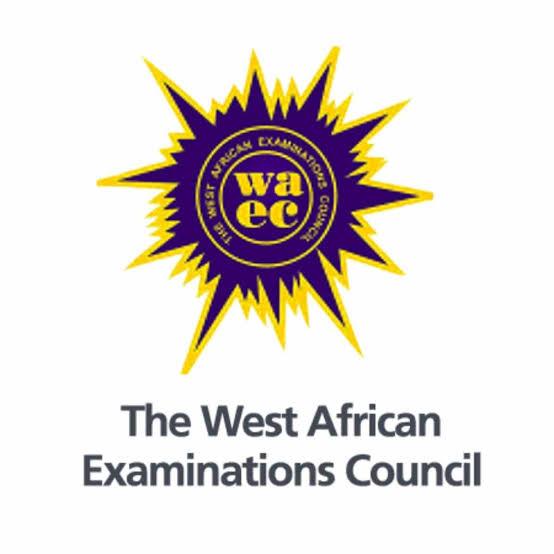Waec | Gce Syllabus For Chemistry Exam + Success Tips (2025/2026)
If you're preparing for the 2025/2026 WAEC or GCE Chemistry exam, this complete syllabus guide will help you study smarter. You'll find key topics, essential areas to focus on, and simple success tips to help you pass easily—even if Chemistry feels tough right now.
Official WAEC | GCE Chemistry Syllabus 2025/2026
Below is the key syllabus outline for the 2025 Chemistry examination, covering theory and practical components.
| Syllabus Area | Key Topics to Cover |
|---|---|
| Introduction to Chemistry | - Chemical symbols & formulae - Laboratory apparatus |
| Atomic Structure | - Atomic number & mass - Isotopes - Electronic configuration |
| Periodic Table | - Periodic law - Trends across periods and groups |
| Chemical Bonding | - Ionic, covalent & metallic bonds |
| States of Matter | - Gas laws (Boyle’s, Charles’) - Kinetic theory |
| Acids, Bases, and Salts | - Properties - Uses - Neutralization reactions |
| Chemical Reactions | - Types (combination, decomposition, etc.) - Energy changes |
| Stoichiometry | - Mole concept - Chemical equations - Calculations |
| Organic Chemistry | - Hydrocarbons - Alkanes, alkenes, alkynes |
| Electrochemistry | - Electrolysis - Cells & batteries |
| Environmental Chemistry | - Water treatment - Air pollution - Greenhouse gases |
Sample Table: Types of Chemical Bonding
| Bond Type | Example Compound | Description |
|---|---|---|
| Ionic Bond | NaCl (Salt) | Electron transfer between ions |
| Covalent Bond | H₂O (Water) | Sharing of electrons |
| Metallic Bond | Pure metals (e.g. Cu) | Free movement of electrons |
Focus Areas to Study for WAEC | GCE Chemistry
-
Mole Concept & Stoichiometry
Learn calculations involving mole, molar mass, and volume relationships. -
Acids, Bases, and Salts
Understand reactions, preparation methods, and common uses. -
Periodic Table & Bonding
Focus on chemical trends and bonding types. -
Gas Laws
Study Boyle’s and Charles’ laws with calculations. -
Organic Chemistry
Know hydrocarbons, functional groups, and simple reactions. -
Electrolysis & Electrochemical Cells
Understand the principles, applications, and diagrams.
Suggested Study Timetable
| Weeks | Topics to Cover |
|---|---|
| Weeks 1 – 2 | Atomic Structure, Periodic Table |
| Weeks 3 – 4 | Bonding, Acids/Bases, Chemical Reactions |
| Weeks 5 – 6 | Stoichiometry, Organic Chemistry |
| Weeks 7 – 8 | Electrolysis, Revision, Past Papers |
Success Tips for WAEC | GCE Chemistry 2025/2026
-
Solve Past Questions Regularly:
Focus on calculations, chemical equations, and definitions. -
Master Chemical Equations:
Write balanced equations for common reactions. -
Understand Calculations:
Practice mole concept, titration, and gas law problems. -
Memorize Functional Groups:
Know alkane, alkene, alcohol, ester, etc. -
Draw Diagrams:
Diagrams of electrolysis setups and apparatus are important.
FAQs About WAEC | GCE Chemistry 2025/2026
Q1: Are calculations compulsory in Chemistry?
Yes. Expect mole, titration, and gas law problems.
Q2: Is Organic Chemistry hard?
Not if you memorize formulas, functional groups, and reactions.
Q3: Do I need to draw diagrams?
Yes, especially for electrolysis and lab equipment.
Conclusion
WAEC and GCE Chemistry exams require a mix of understanding theory and solving calculation problems. Study key topics, use diagrams where necessary, and revise past questions consistently. Even if Chemistry seems complex, regular practice will simplify things.











